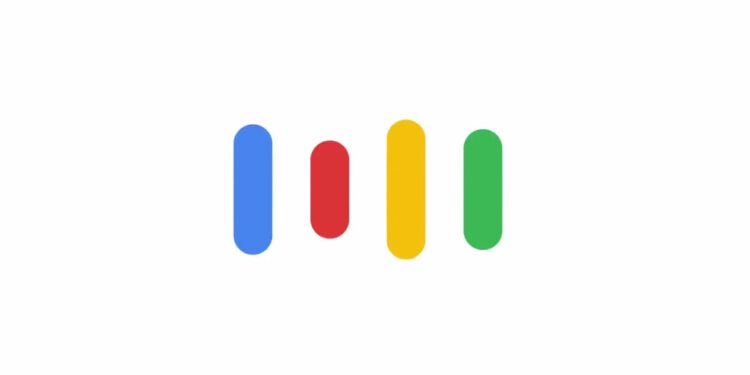Google Duplex is the function of Google Assistant that shows the possibilities of the current artificial intelligence taken to the extreme.
Since 2007, the year in which the iPhone appeared, considered the first modern smartphone, the general thought of technology lovers and people who have lived times in which innovation was not so present is that “we live in the future«. It is something that is reinforced by the proliferation of wearables , and with facts as relevant as the launch of personal assistants as Siri and Google Now (now Assistant), but Google Duplex will mark a before and after in the field like no other.
Google Duplex is nothing more than” a function ” future Google Assistant that the company has unveiled to the amazement of the world at Google I/O 2018. Their goal, to prove that the assistant is already prepared to pose as ourselves in, for example, calls to make reservations in businesses such as hairdressers or restaurants. With indicating the time zone and the place of the reservation to Assistant, the user only has to wait for the system to make the call and finally confirm that the appointment has been made.
The process involves many parts of what Google has been developing in recent years: the Google Maps business catalog, speech-to-text transcription and vice versa and, above all, the great core, machine learning by working with a recurrent neural network. The feeling to see Sundar Pichai, CEO of Google, present Google Duplex is total impression, because this tool is not only able to communicate, but also to understand when you have to wait because the manager of the local has told you”to keep waiting a second”. To this, Duplex responds with an onomatopoeia of the type “aha”, but in English (“mm-hmm”). Is what most leads you to think that you are going to a historic step in artificial intelligence.
If the person who takes the call on the other side of the line asks for the name to leave the reservation, Google Duplex answers the name of the user who has requested the action, posing as him completely and not indicating at any time that it is a machine or bot.
.
From this demonstration of the capacity that we have as espace to surpass ourselves, several debates have arisen. One of them is about whether it is ethical for a bot to treat a person one-on-one, and even “use” them, as it would soon take away the job. Another more easily acceptable is whether the function is really useful. At first, it is clear that the answer is yes, in the sense that it helps the user. But that’s not the point. What you have to consider is if in the middle of the year 2018, a system of this type is needed, taking into account that there are many applications with the possibility of the user to book or buy directly from the store and without having to call by phone or wait for the assistant to understand us.
In any case, Google Duplex is one more demonstration of strength that shows, as Telefónica has also done with Aura, that artificial intelligence is unstoppableand that at the same time that very complex changes are going to occur in the labour market, we will have to look for solutions that do not imply a lower quality of life.









